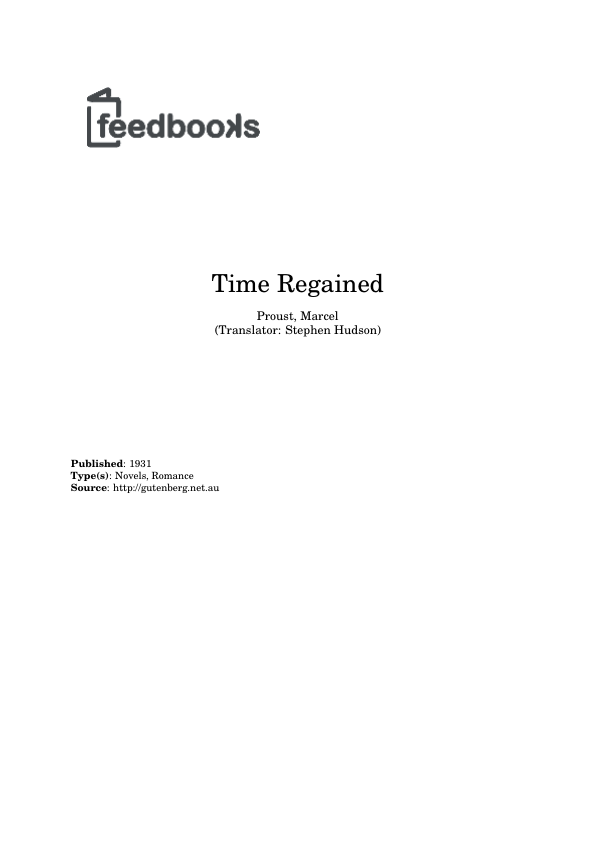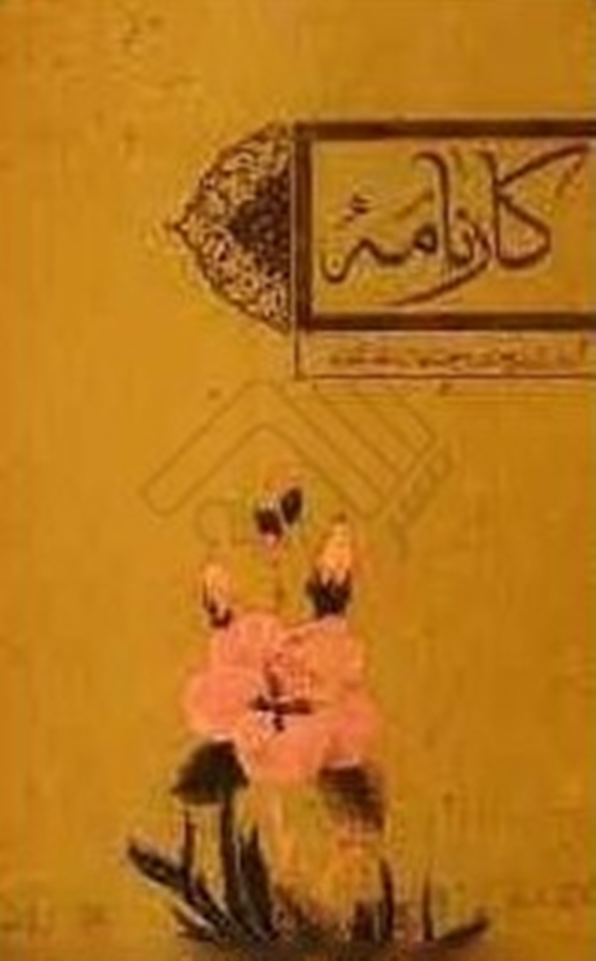The Narrator is staying with Gilberte at her home near Combray. They go for walks, on one of which he is stunned to learn the Méséglise way and the Guermantes way are actually linked. Gilberte also tells him she was attracted to him when young, and had made a suggestive gesture to him as he watched her. Also, it was Lea she was walking with the evening he had planned to reconcile with her. He considers Saint-Loup’s nature and reads an account of the Verdurins’ salon, deciding he has no talent for writing.
The scene shifts to a night in 1916, during World War I, when the Narrator has returned to Paris from a stay in a sanatorium and is walking the streets during a blackout. He reflects on the changed norms of art and society, with the Verdurins now highly esteemed. He recounts a 1914 visit from Saint-Loup, who was trying to enlist secretly. He recalls descriptions of the fighting he subsequently received from Saint-Loup and Gilberte, whose home was threatened. He describes a call paid on him a few days previously by Saint-Loup; they discussed military strategy. Now on the dark street, the Narrator encounters Charlus, who has completely surrendered to his impulses. Charlus reviews Morel’s betrayals and his own temptation to seek vengeance; critiques Brichot’s new fame as a writer, which has ostracized him from the Verdurins; and admits his general sympathy with Germany. The last part of the conversation draws a crowd of suspicious onlookers. After parting the Narrator seeks refuge in what appears to be hotel, where he sees someone who looks familiar leaving. Inside, he discovers it to be a male brothel, and spies Charlus using the services. The proprietor turns out to be Jupien, who expresses a perverse pride in his business. A few days later, news comes that Saint-Loup has been killed in combat. The Narrator pieces together that Saint-Loup had visited Jupien’s brothel, and ponders what might have been had he lived.
✔️
 کتاب سل Ketab Sell | کتاب سل، بزرگترین منبع کتاب و جزوههای دانشجویی
کتاب سل Ketab Sell | کتاب سل، بزرگترین منبع کتاب و جزوههای دانشجویی









Reviews
There are no reviews yet.